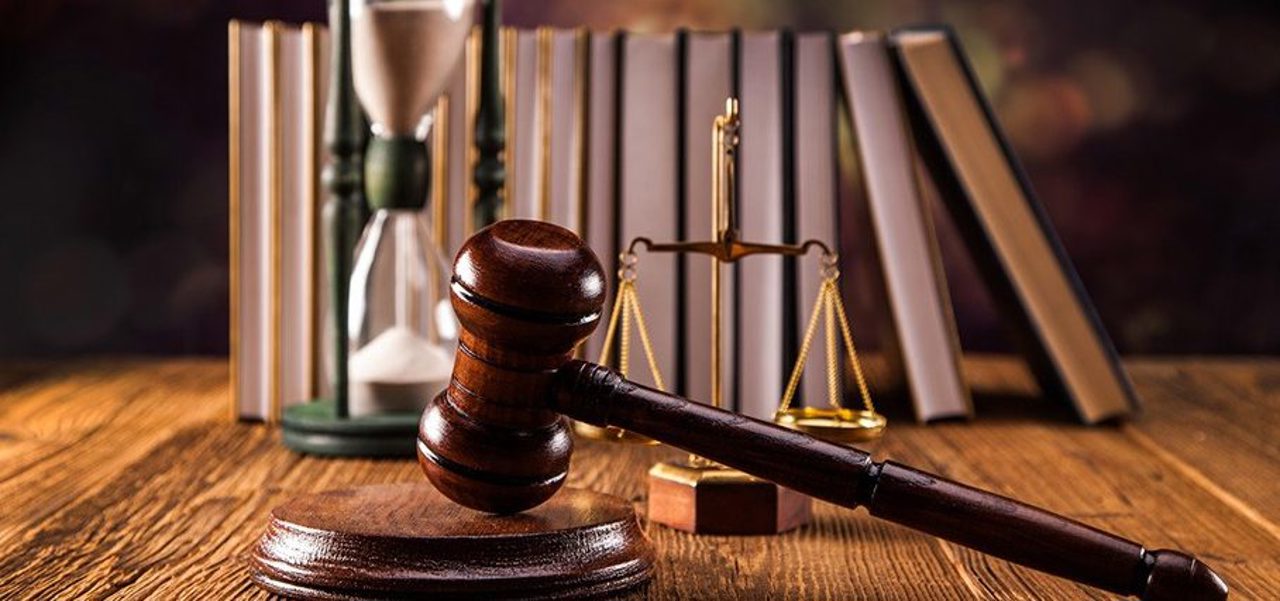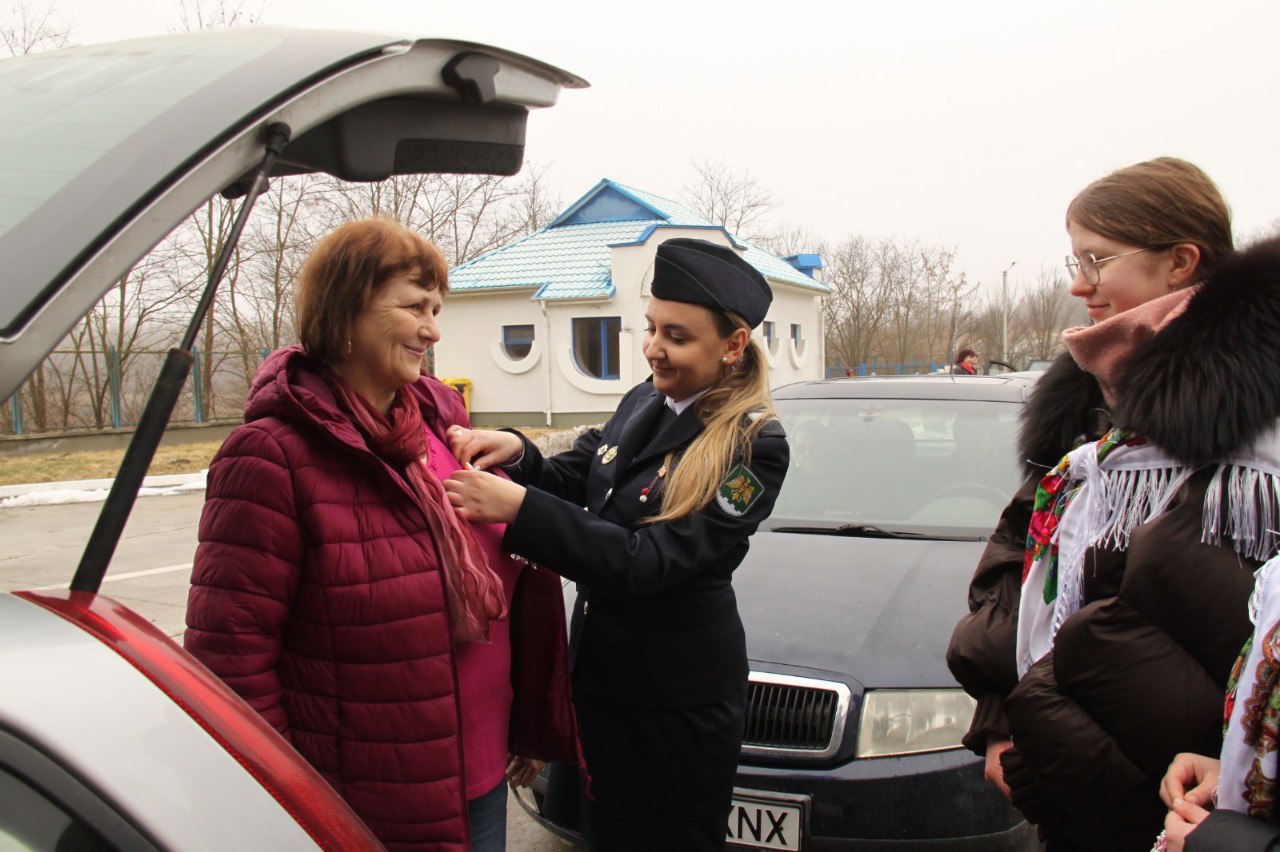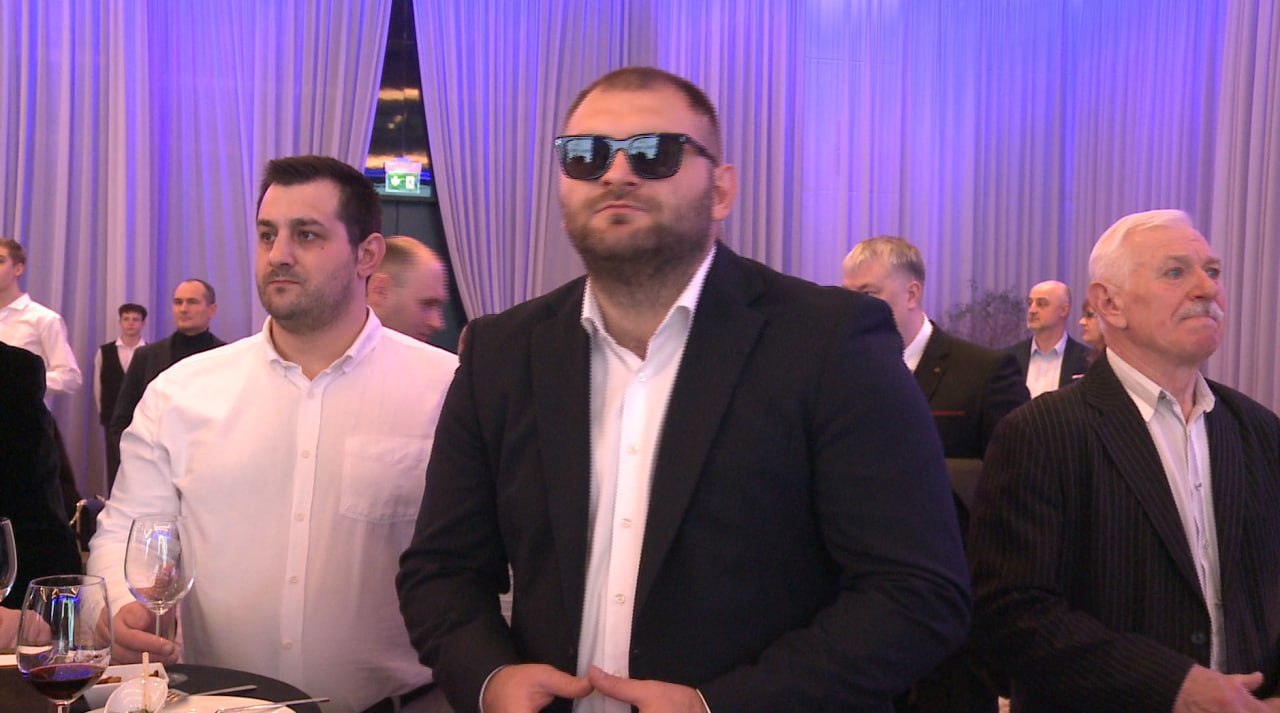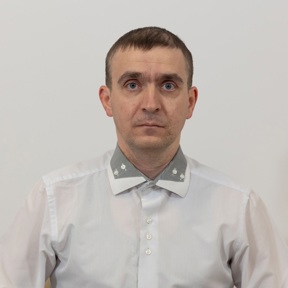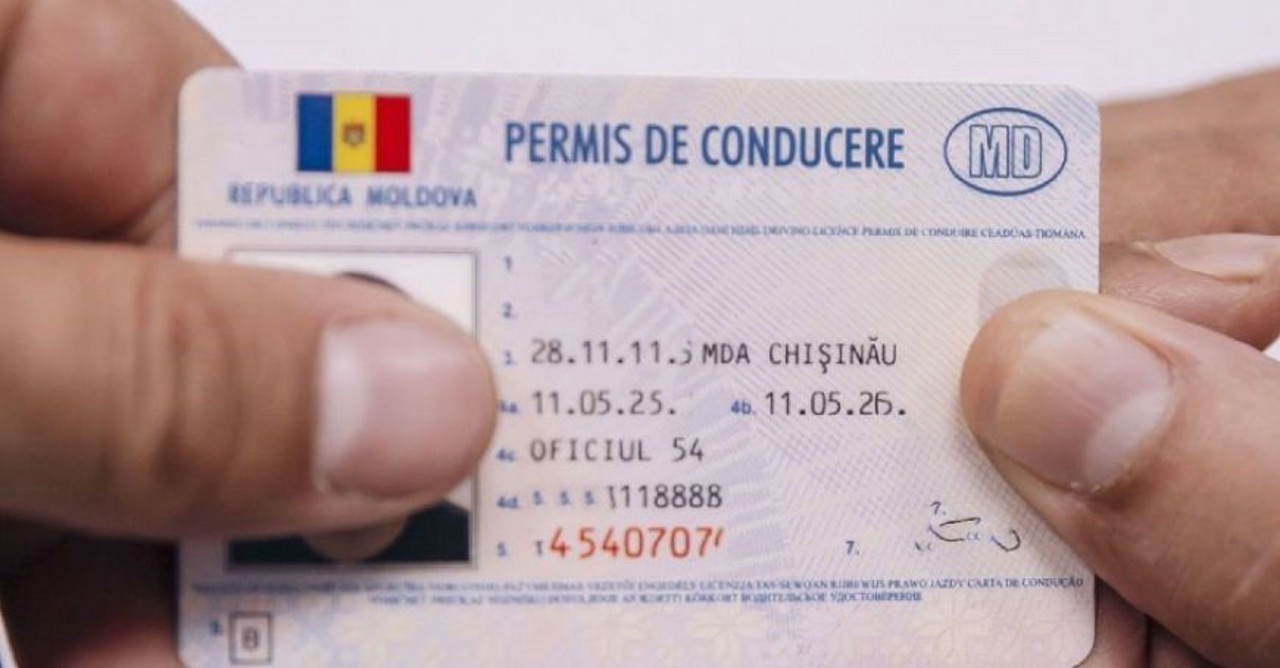Corruption cases stalled: Judges or system?
The Chișinău Court and the Superior Council of Magistracy have responded to allegations by Prosecutor General Ion Munteanu that judicial delays in high-profile cases are the fault of judges.
A specialised panel has been established to handle complex corruption cases. The judiciary maintains that delays are primarily due to the complexity of cases and the necessary procedures, including witness hearings. The Prosecutor General, however, believes that judges hold the final say in these cases and urges journalists to investigate further.
At the beginning of the year, the judiciary established a specialised panel to adjudicate cases involving grand corruption, illegal political financing, and bank fraud. Since then, progress has been made, and delays are no longer attributable to judicial factors, according to Livia Mitrofan, president of the court. Most cases are currently under judicial review, with witness testimonies being heard in court.
Last week, Prosecutor General Ion Munteanu suggested that journalists inquire with judges about the high-profile cases brought against the Shor group. He emphasised that "judges have the final say in all these criminal cases. As journalists, you know who's handling these cases."
A specialised panel of judges was formed at the Chișinău Court earlier this year to address complex corruption cases. The panel currently comprises six magistrates, with an additional three to be appointed. Ion Guzun of the Superior Council of Magistracy believes this mechanism has yielded positive results.
"It's crucial to identify the specific cases with systemic issues, as isolated problems in individual cases aren't representative," Guzun remarked. "We've discussed with the court president to determine whether this is a widespread issue, and it seems to be sporadic. It's important to consider the complexity of these cases, involving hundreds of volumes of documents. We need to understand which specific aspect the Prosecutor General is referring to. It's unfortunate that he has generalised the situation."
The interim president of the Chișinău Court, Livia Mitrofan, asserts that the case examination rate has nearly doubled. She explained that "some cases involve hundreds of hearings, while others have sixty. During the judicial review phase of complex cases, judges rely on the evidence presented. If a witness is available, they are heard. The availability of witnesses depends on requests from prosecutors and lawyers. Judges are bound by specific procedures."
The "Bank Fraud" case is currently under judicial review, which involves direct examination of evidence and witness testimonies. To date, only 20 out of 100 witnesses have provided statements.
Translation by Iurie Tataru
